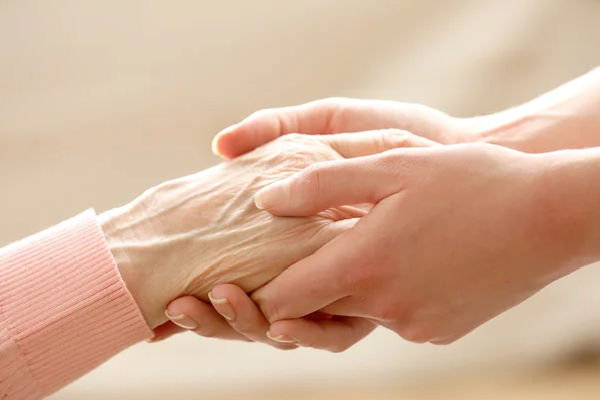There are approximately 53 million family caregivers in the United States. That’s 21 percent of the US population that is caring for loved ones that are older adults or adults living with chronic, disabling, or serious health conditions.
Caregivers can be spouses, children, even parents, and the long-term physical toll and time commitment of caring for a sick or aging loved one can lead to stress, fatigue and impact one’s mental health. This is called caregiver burnout and can lead to side effects that include headaches, body aches, change in mood, and irritability.
Those caring for aging loved ones with Alzheimer's and related dementias are at greater risk for anxiety, depression, and poorer quality of life than caregivers of people with other conditions. Persons with dementia often ask the same questions repeatedly and suffer from lack of desire to take care of themselves and confusion. This can impact the time, energy, and attention required from a caregiver, which can be challenging to their energy and mental wellness.
To help reduce the possibility of caregiver burnout, caregivers should consider seeking support from outside resources and consider accepting help from others. Rest is also important, as well as seeking support and connection with fellow caregivers. Home services, day centers, meal programs, transportation and other services, can provide respite and rest for family caregivers, while resources like Family Caregiver Alliance has great information and resources that can help improve the quality of the life for family caregivers and the people who receive their care. Additionally, many organizations offer help and support for caregivers caring for loved ones with specific diseases, such as the Alzheimer's Association, which has a bevy of resources for those caring for a loved with Alzheimer’s and/or related dementias.
Source: World Journal, November 2, 2023
